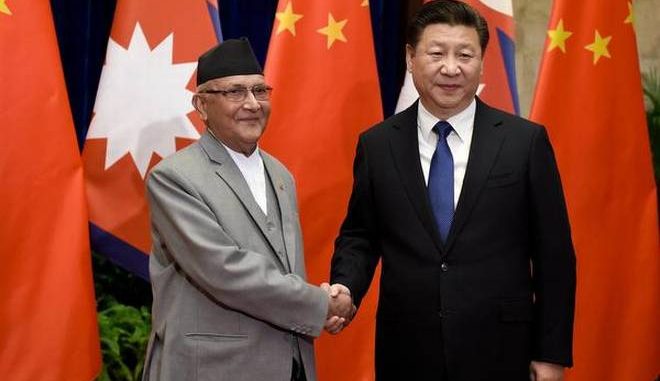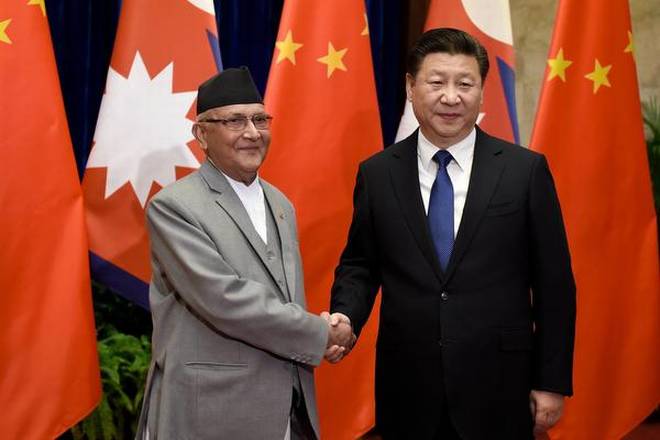
Nepal has come together with China to provide Internet offerings to its citizens, executives claimed last week. This will end decades-long monopoly by India of the cyber connectivity network of the Himalayan country. For decades, Nepal relied on telecom companies of India, such as Tata Communications Ltd. and Bharti Airtel, for authorization to the global web, which Nepali executives claimed that they made connections susceptible to failures of network.

China Telecom Global and Nepal Telecom rolled out their offerings after they covered up the setting up of optical fiber cables between Rasuwagadi in Nepal and Kerung in China, 30 Miles (almost 50 Km) north of Kathmandu, claimed the firms to the media in an interview. “This will make sure unremitting connections and offer us an option to India for cyber connectivity,” a spokesperson of Nepal Telecom, Pratibha Vaidya, claimed to the media in an interview.
“Users can now expect for a dependable service.” Almost over 60% of 28 Million people of Nepal had authorization to the Internet in 2017, up from only 19% in 2012. Both Asian behemoths India and China have been making efforts to elevate their power in Nepal, a natural buffer sorting them out, by increasing up their spending in hydropower projects and roads in the impecunious nation.
In 2016, Beijing decided to permit Nepal to employ its ports to trade products with third nations, concluding the sole dependence of the latter for overland trade on India. Nepal in 2017 joined the initiative of Belt and Road, which is an effort from China to expand a modern “Silk Road” linking Asia with Middle East & Africa and Europe by railway, road, air, and sea. As fraction of the plan, Nepali executives claim that they are in discussions with Beijing over the expansion of the railway network of China from Tibet into Nepal.
